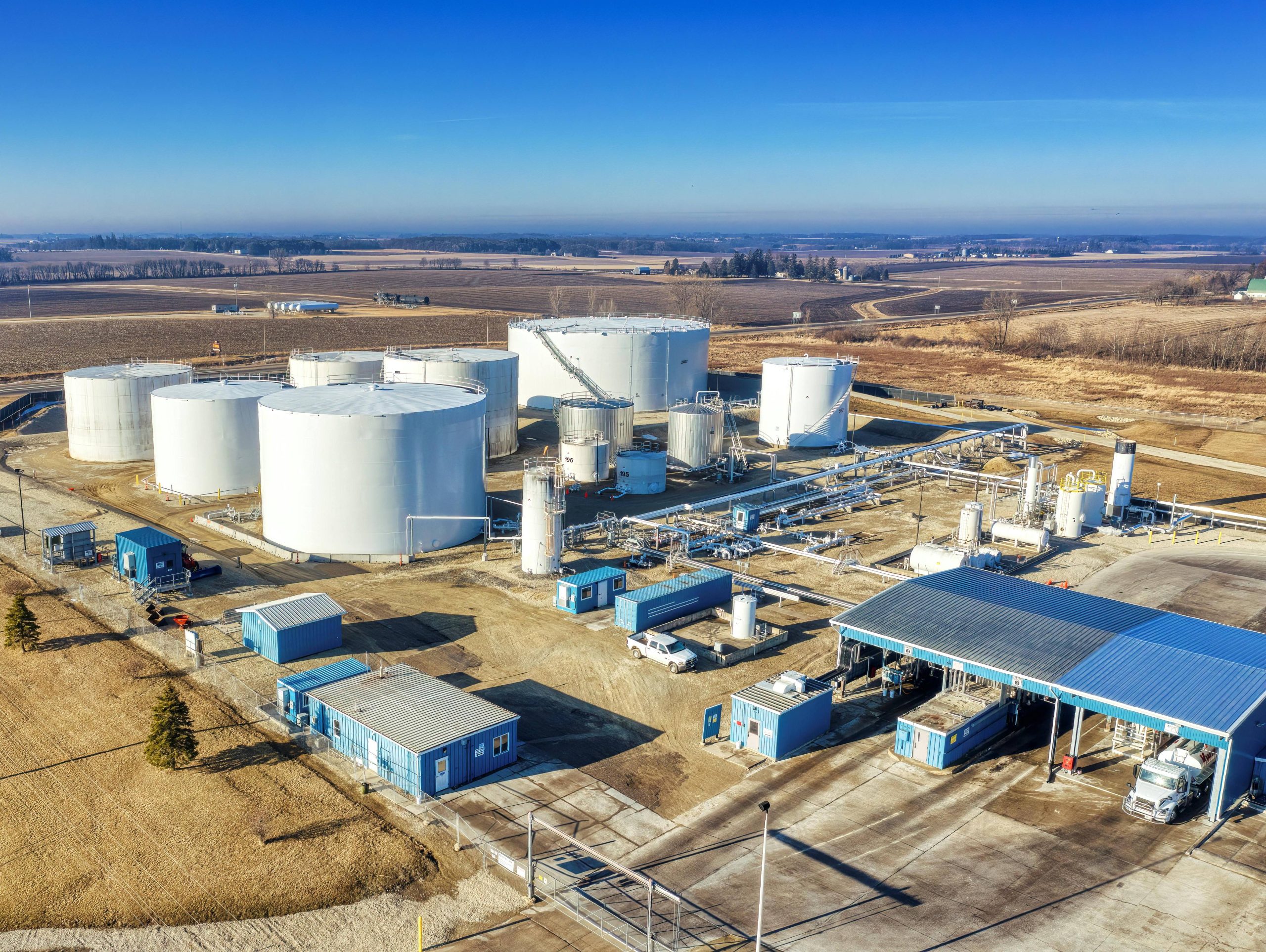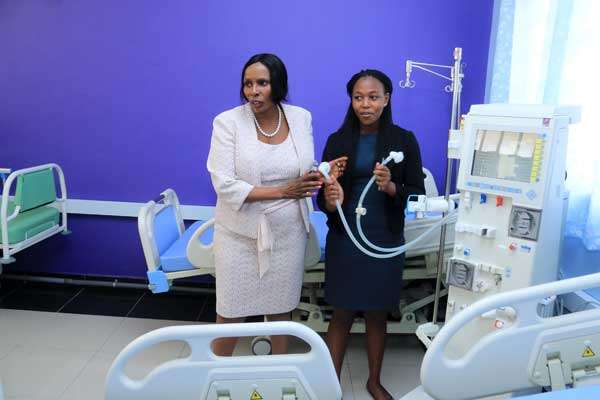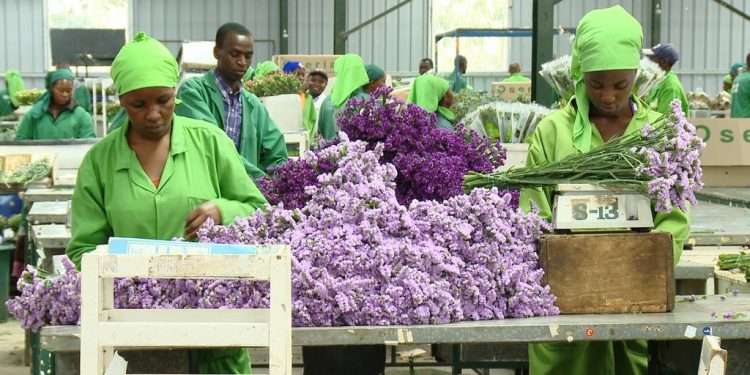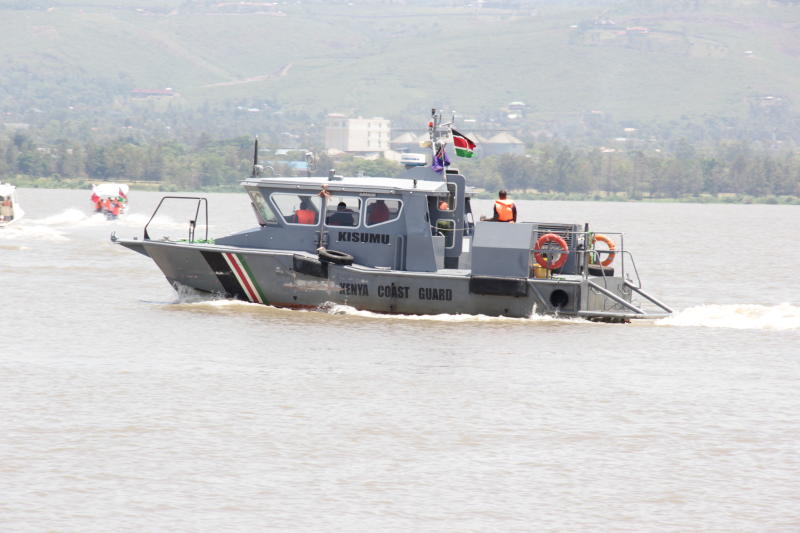The Public Procurement Regulatory Authority (PPRA) has informed the Senate that the $587 million construction of the Mombasa–Nairobi Pipeline (Line 5) by Kenya Pipeline Company (KPC) complied with procurement guidelines, with one notable exception: the absence of an Annual Procurement and Asset Disposal Plan that included the project.
However, due to missing critical documentation—such as Contract Implementation Progress Reports, contract variations, corresponding approvals, and Inspection and Acceptance Committee reports—the PPRA was unable to fully verify whether KPC adhered to all legal requirements during the project’s implementation.
Patrick Wanjuki, the Director General of PPRA, shared these details during a Senate Energy Committee session chaired by Nyeri Senator Wahome Wamatinga. Wanjuki revealed that KPC signed the contract with Zakhem International Construction Limited on July 1, 2014, with a total bid amount of $484,508,886.40 (VAT inclusive). KPC’s Managing Director and Zakhem’s Vice President officially signed the agreement, and the Tender Committee awarded the contract to Zakhem.
Payment records show that KPC has paid Zakhem $466,731,078.49 for certificates, equipment, and retention across various dates. However, Auditor General Nancy Gathungu reported that the project, which was initially scheduled to be completed within 18 months from July 2014, faced significant delays. It was only completed after 54 months, on June 30, 2018. These delays were largely attributed to design changes and omitted work from the original contract. The contractor filed five extension claims totalling $204,511,827.11 under Clause 44 of the International Federation of Consulting Engineers’ conditions, though these claims were disputed by the project engineer.
To resolve the matter, KPC appointed an expert to assess the claims and recommend an appropriate payable amount. At the same time, the Directorate of Criminal Investigations (DCI) began a formal inquiry into possible fraud, malpractices, and attempted theft of public funds related to the contractor’s claims.
While the investigations continued, Zakhem sought legal recourse, and the High Court ruled on June 16, 2020, that the project was complete, handed over to KPC, and operational. The court recommended that a third party be engaged to reconcile the accounts and settle outstanding disputes.
KPC Managing Director Joe Sang highlighted the significant benefits of Line 5 to Kenya’s energy sector, including its environmental impact and cost-effectiveness compared to road transport. The pipeline reduces the number of trucks on the Mombasa-Nairobi route by approximately 22,100 each month, extending further to Nakuru, Eldoret, and Kisumu.
Mr Sang also pointed out that between 2019 and 2024, KPC contributed Sh45 billion in tax dividends and recorded Sh10.1 billion in profit before tax for the 2023-2024 fiscal year. KPC’s dividend policy mandates a payout of 30 per cent of its post-tax profit, though it has consistently exceeded this target while maintaining regulatory compliance.
During the Senate meeting, Turkana Senator James Lomenen raised concerns about contractors using project delays and contract variations to inflate costs, citing interest charges for delayed payments and insecurity as common justifications for additional costs.
“These clauses are typically against the public interest. Contractors know how to protect themselves with such terms, but we must include clauses that safeguard public funds,” Auditor General Gathungu emphasized. Elgeyo Marakwet Senator William Kisang expressed frustration over the inflated costs of public projects, noting that payments often exceed initial estimates due to contractors’ tactics, including idle equipment claims and other underhanded strategies.
The committee’s discussion underscored ongoing concerns about the management and oversight of public procurement, as well as the need for stronger safeguards to protect public funds from exploitation and misuse.





